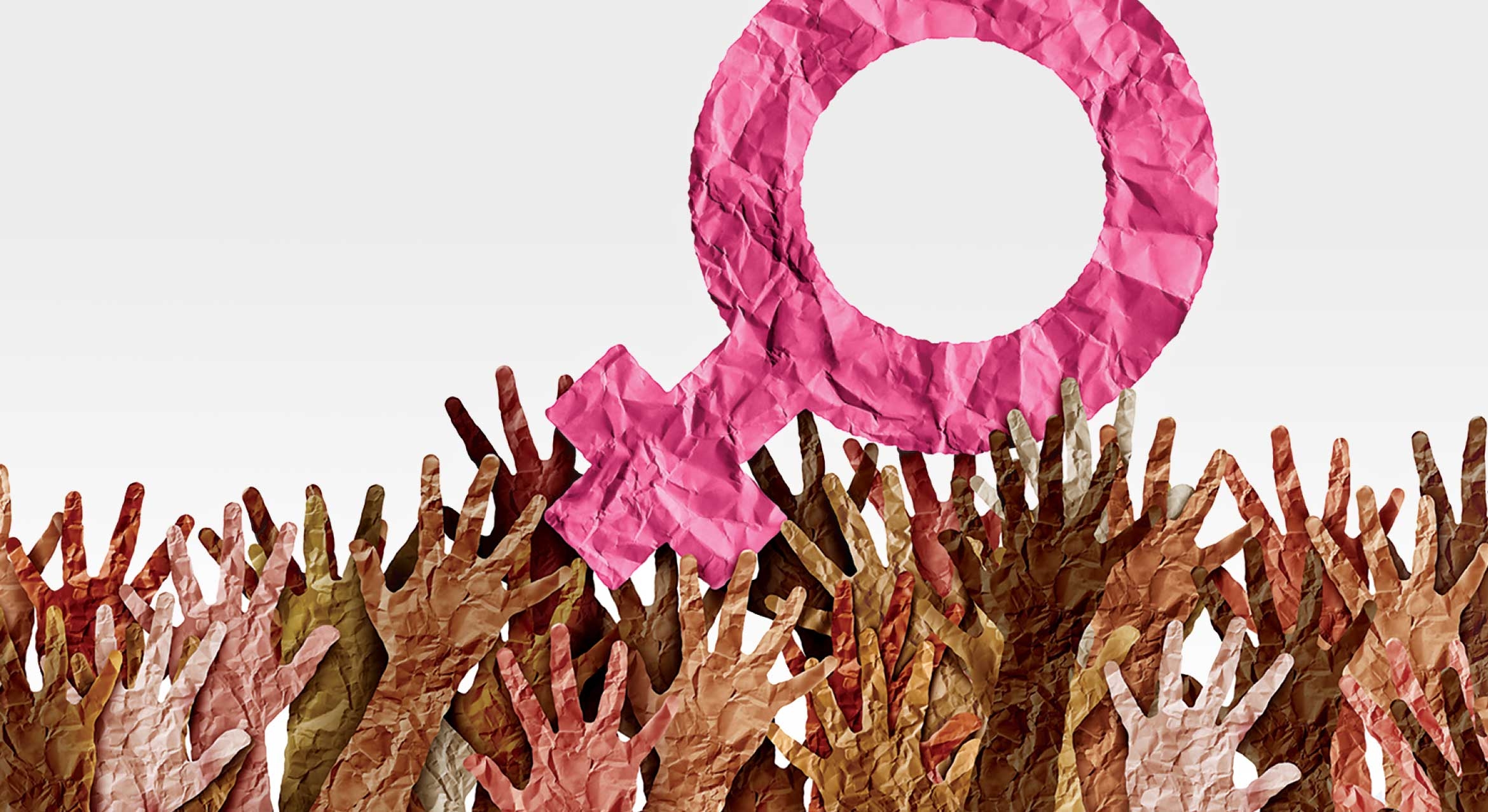
Abortion rights backlash and globalization
For more than three decades, global human rights scholar Alison Brysk has studied the drivers and responses to abuses of power, from domestic violence to dictatorships. Among the many issues on her human rights radar has been rising challenges to reproductive rights.
“Between 2018–2022, we saw dramatic progress in access to safe abortion throughout Europe and the Americas–but also surprising regression in all kinds of rights,” said Brysk, a UC Santa Barbara Distinguished Professor in the Department of Global Studies and in the Department of Political Science, where she also serves as Chair. “And where abortion is illegal, women die. Around the world, tens of thousands of women die every year from unsafe abortions. We are even beginning to see this in the United States.”
In her latest book, Abortion Rights Backlash: The Struggle for Democracy in Europe and the Americas (Oxford University Press, 2025), Brysk goes further in her comparative examination, advancing the feminist argument that the contest over reproductive rights is a struggle between nationalism, democracy and globalization. On March 6, 2–3:30 p.m., she will discuss her research at a book launch in the UCen Lobero Room, in a conversation moderated by sociology professor Cate Taylor. The event is free and open to the public.
Following the politics of abortion rights, the book tracks diverging experiences in six states in Europe and the Americas: Ireland versus Poland; Argentina versus Brazil and California versus Texas. Along the way, it asks, Why are abortion rights backsliding? Why do some modern societies progress toward reproductive freedoms as others regress or stagnate? In this era of globalization and rising gender equity, what can the struggle for reproductive rights teach us about broader movements for human rights and gender justice?
“I was intrigued that backlash seemed to be happening in the countries most affected by globalization and reactionary populism and in the most personal areas of self-determination such as reproductive rights,” Brysk said.
“Abortion rights backlash means a combined decline in legal rights, health system access and social services,” she added. “And it is always worse for the most vulnerable people in every society, namely racial and ethnic minorities, youth and the poor.”
The states selected for her research were roughly similar in fixed characteristics — such as size, location, modernization and religion — but had opposite outcomes in terms of abortion policy. Brysk’s comparative approach reveals the influence of each state’s political processes and struggle for democracy.
“This book challenges the earlier view that modernization will automatically liberate women, and that religious influence is the main force holding back gender equity,” she said. “Instead, I show that we need to consider globalization as a double-edged sword that can inspire regressive forms of nationalism. At the same time, we need to adopt the feminist analysis that struggles for control of the nation are intertwined with struggles for control of reproduction and women's bodies — the essence of democracy.”




